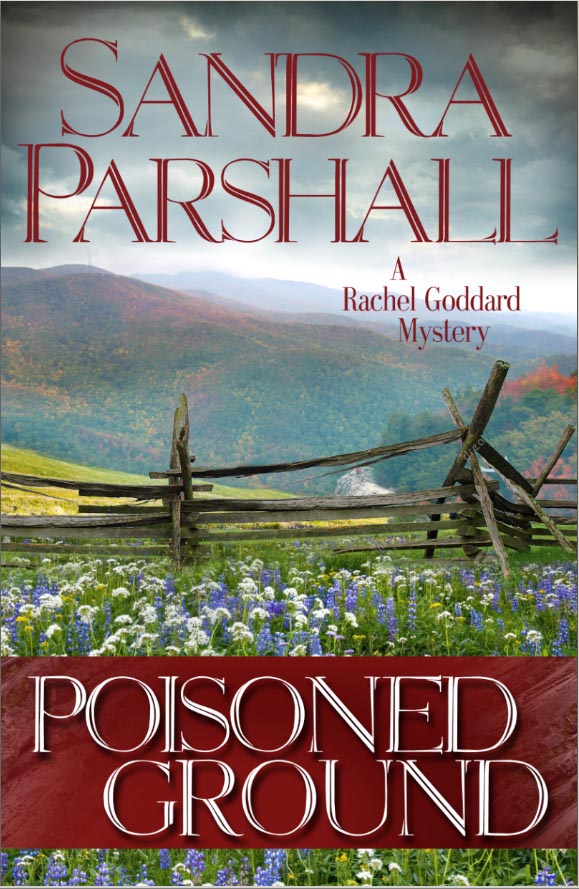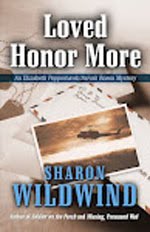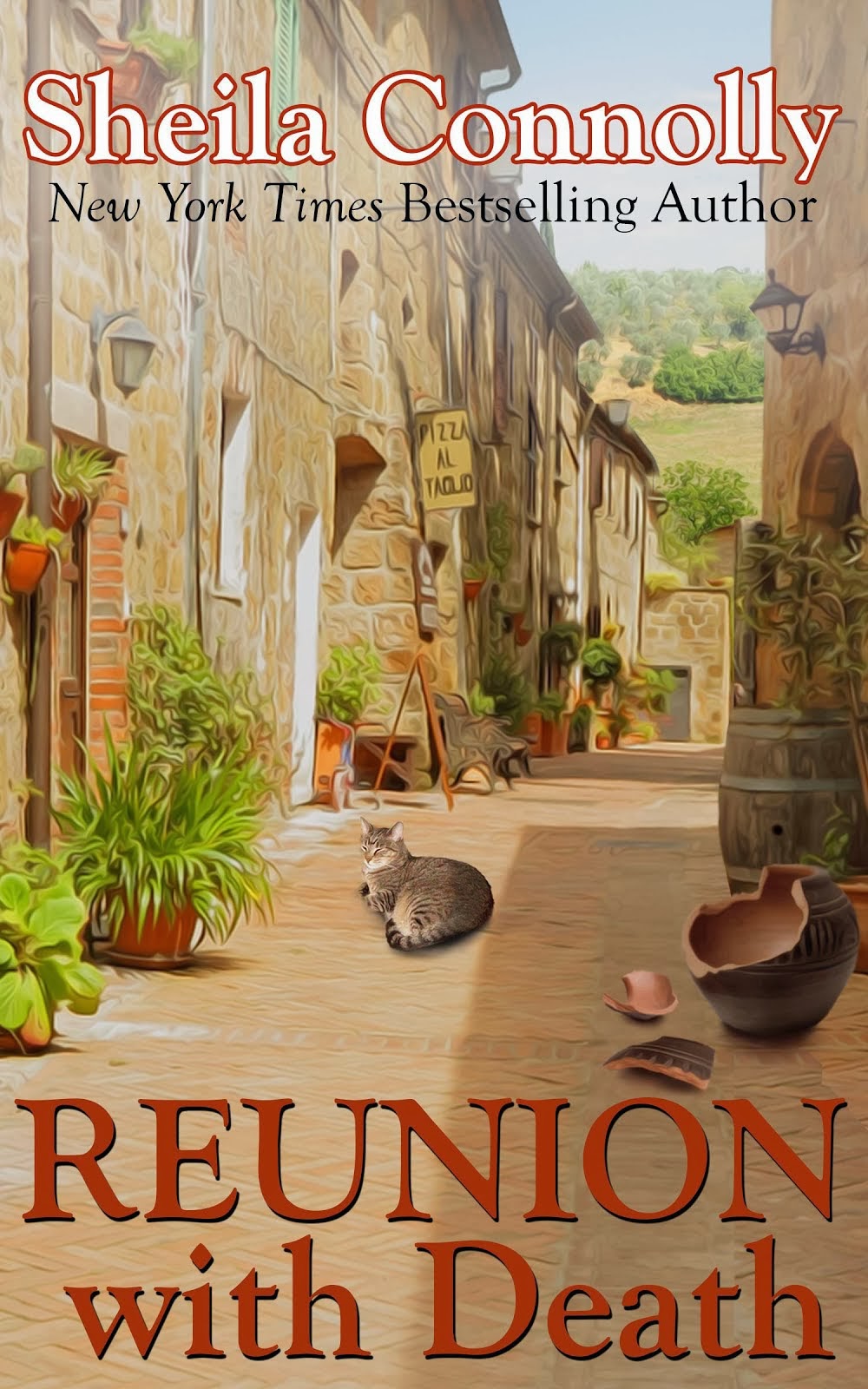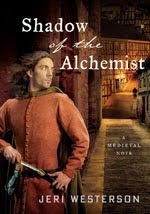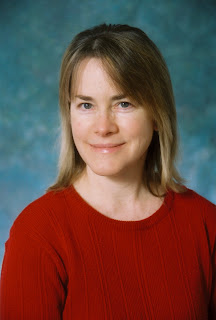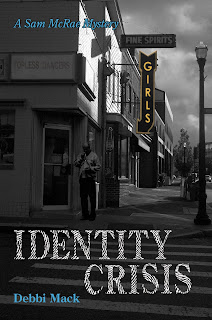
Barbara Murray is a Canadian author who lives and works in Vancouver, and is the the mother of three grown children.
PDD:
What age group are you writing for with your Bea and Mildred Series?
Barbara:
When I began writing the first novel (
Gifts and Bones), I didn't have a particular age group in mind. Other than knowing that it wasn't a children's book, I assumed that I was writing it for adults. It did occur to me, however, that young adults might enjoy the characters and the story. As it turned out, that was the case. After
Gifts and Bones was published, it became apparent that the novel was a "cross-over" book — it appealed to both adults and young adults (14 or so, and up).
PDD:
How do you gear a mystery for people in that age group?
Barbara:
Now that I know the range of my readership, I'm even more cognizant of my young adult audience while working on
Isabella’s Passion, the second novel. I stay within the same parametres that naturally guided the first novel — no sex scenes, swearing limited to the odd “dammit”, no gratuitous violence. This is natural and easy for a few reasons: I am personally not drawn to books with steamy sex and graphic violence, the books are taking place in the early 1900s, and many of the characters in the novels are young. The protagonist Bea MacDonald is 18 years old in the first novel, 19 in the second, and so on. Her cousin Jean is only ten in the first novel. Their friends are all teenagers. Mildred is the only adult who helps with the mystery-solving.And, as one discovers two-thirds into
Gifts and Bones, Mildred’s age is a bit of a mystery in itself.
PDD:
What elements did you bring together to make your book a fun read?

Barbara:
The elements in the books are entirely dependant on what the characters bring to the novel. One of the most enjoyable features is the paranormal element. The members of the MacDonald family are all a little fey. Jean is psychic; Bea is a paranormal skeptic who has pre-cognitive dreams; Evelyn (Bea’s aunt, Jean’s mother) reluctantly shares a bit of Jean’s and a bit of Bea’s gift. Then, there is their relative Mildred. Mildred is, shall we say, just a little odd. Also, in every novel there is at least one ghost. Sometimes the reader will have to figure out who is actually a ghost, and who is not.
Another fun element that presented itself in the first novel, and has worked its way into the second, is the use of Morse code and other forms of communication. Jean (our 10 year-old) is an expert in Morse, much the way kids these days are experts in texting and computers. Even her cousin Bea is not nearly as proficient. In Gifts and Bones, various characters (ghosts, perchance?) communicate by leaving clues in Morse code. Bea and Jean, with Mildred’s inept assistance, need to decipher the Morse code, and it is the deciphering of the code that, in the end, helps to solve the mystery. included a Morse code alphabet at the beginning of
Gifts and Bones so that readers can de-code the clues, if they so choose. In
Isabella’s Passion, Braille takes over from Morse in the clue-dropping department. (Again, Jean is the expert in Braille, with Bea not far behind. For reasons that can’t yet be revealed, they had the opportunity to learn Braille as young children.)
PDD:
Your site is absolutely stunning. Simple, but easy to navigate and tons of stuff going on: contests, on-line sales, books, a great PR page. What went into the planning of this kind of site?
Barbara:
Thank you for the complement on the site! It’s been a tremendous amount of work. The expertise of Riel Roussopoulus and his web guys at
XLsuite have been invaluable. The site would not look the same without them.
Barbara:
I started the site with only a fledgling vision and skeletal plan, but as things developed, I began to see more potential for beaandmildred.com, and introduced additional components, such as the Morse Code Challenge. It also became apparent that the time had come to launch the
Gifts and Bones audio book (narrated by the wonderful Canadian storyteller,
Allice Bernards). I tend to be very hands-on. I need to see things in action before I know whether or not they will work. Certain web-based ideas that I’ve had for years are now able to be implemented, thanks to advances in technology and the Internet. I’m fortunate that I know a limited amount of html coding, and so am able to get into the back end of the site and make changes, assess how they look, and then implement them, all without racking up huge web-development costs.
A crucial development in the life of any website is marketing and SEO (search engine optimization). For this, I rely heavily on my guy in India – Ashwin Iyer. He’s a 20 year-old marketing genius. He tells me what to do and I do it, or he does it for me. This certainly is one of the bits of magic of the Internet — that I can chat online to Ash who is thousands of miles and several time zones away. I am in awe every time. Despite my in-depth research for my first novel into early telecommunication advances — the laying of the transatlantic cable in the mid-1800s — I really understand absolutely nothing about how all this communication stuff works!
PDD:
Did you develop a master plan of what you wanted your site to do, or did it grow piecemeal?
Barbara:
It was an evolutionary process. The skeletal plan I began with is nothing like what I ended up with. The website came into being much the same way the novels do: with a huge dose of intuition and plenty of creative meandering.
PDD:
You're using a lot of Internet activities to connect readers to the books. How does that help to attract and keep younger readers?
Barbara:
That is yet to be determined. The site is barely off the ground, and hasn’t yet reached its full potential. At some point soon, young readers (and older readers) will hopefully have fun with the Morse Code Game and other aspects of the site.
PDD:
Are there any other topics or passions you'd like to talk about?
Barbara:
Yes! I’ve recently started a street performance poetry troupe (Barbara Murray and The Olive Branch). We’ll be performing on the streets of Vancouver, and in other public venues, starting in August. Some of the poems we will be performing are written by one of the characters (Olive Goodwin) in the second Bea and Mildred Mystery Series novel (
Isabella’s Passion).
Another set the troupe will be performing falls under the umbrella of The Fabric of the Earth (for which a website is in the making). Under that umbrella, we’ll be performing excerpted scenes from another series of mine: Jackie Too and the Human Too Chronicles. It’s a children’s series (9/10 and up) with some really fun characters. Also under The Fabric of the Earth umbrella the troupe will perform poetry written by members of the troupe and the general public.
To learn more about Barbara, and her books,
visit her terrific site.






